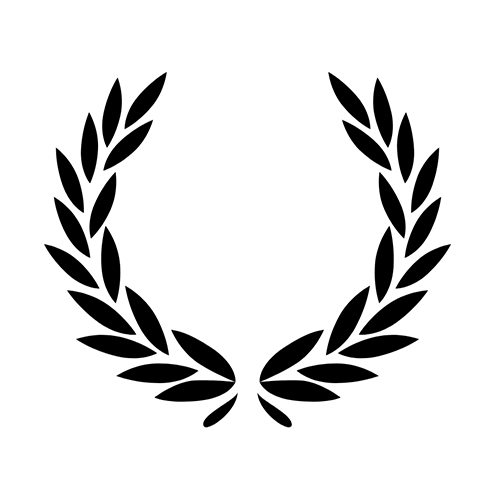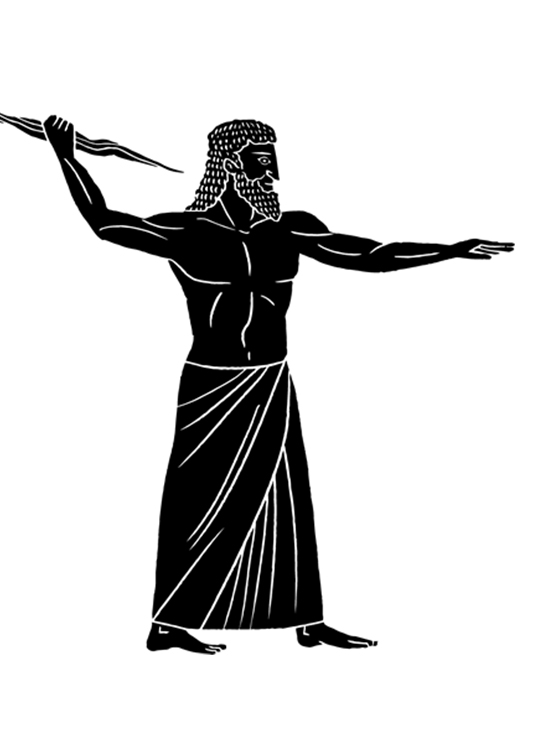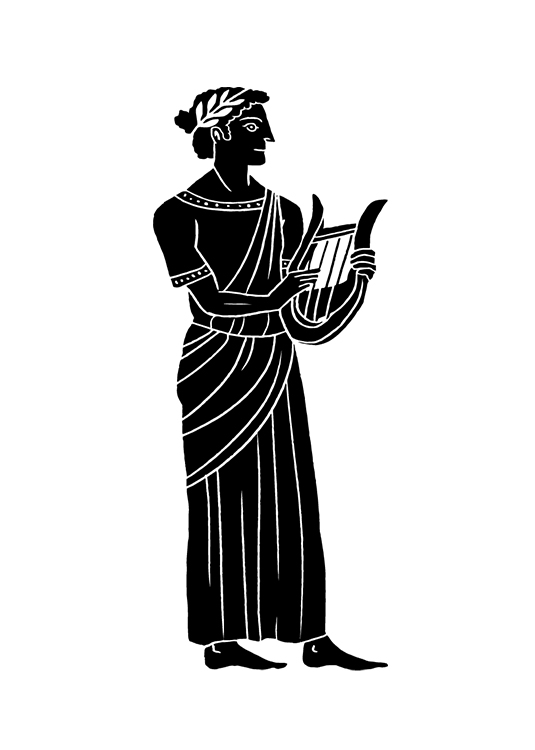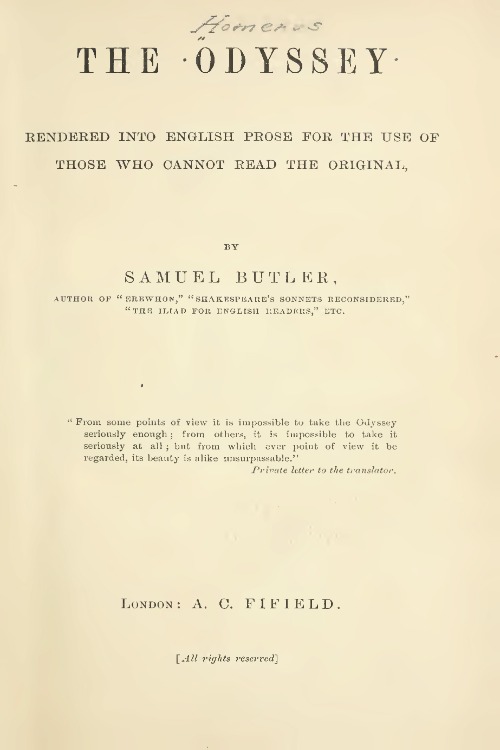About this myth
The Odyssey is a Hero myth originating from the Ancient Greek belief system. The main deity depicted in this myth is likely Zeus. Others include Apollo, Athena, and Poseidon.
In a nutshell
Myth summary
After the Trojan war, Odysseus sails home with his men. During his long journey, he faces challenges such as the "cyclops," the Sirens, and other fantastical creatures. He hurries home because suitors are trying to take his wife's hand in marriage. When Odysseus gets home, he wins a challenge, reclaims his life, and kills all the suitors.
Attested: Unknown
Created: Unknown
Main deity: Zeus
Belief system: Ancient Greek
Origin: Europe › Eastern Europe › Greece
Belief system
Zeus
Main deity
Zeus (Greek: Ζεύς) was the sixth child of Kronos and Rhea, the original Titan deities in the Greek pantheon. Zeus ruled Mount Olympus and was said to control thunder.
arrow_forward More info Translation
"The Odyssey": English Translation by Samuel Butler
Book · Samuel Butler · 1900
"The Odyssey" is a full transcript of the Odyssey hero myth by Samuel Butler in 1900. This myth is considered by many as a sequel to the Iliad, which was also translated by Butler. Butler translated the work into prose from the Homeric Greek for a broad audience. It contains all twenty-four books through 323 pages. Butler's version is readable for a layman audience. This work is attributed to a single man named Homer; however, many scholars do not accept this authorship claim.
Included: Translation, Collation (partial)
Language: Ancient Greek ⟶ English
More information
Background
The Odyssey is an Greek hero myth featuring the hero Odysseus. Like the Iliad, it is an epic poem attributed to a single man named Homer, although many scholars doubt this authorship claim.
Texts related to this myth
See full texts of this myth via related artifacts. Where available, a translation is included.
All texts

















